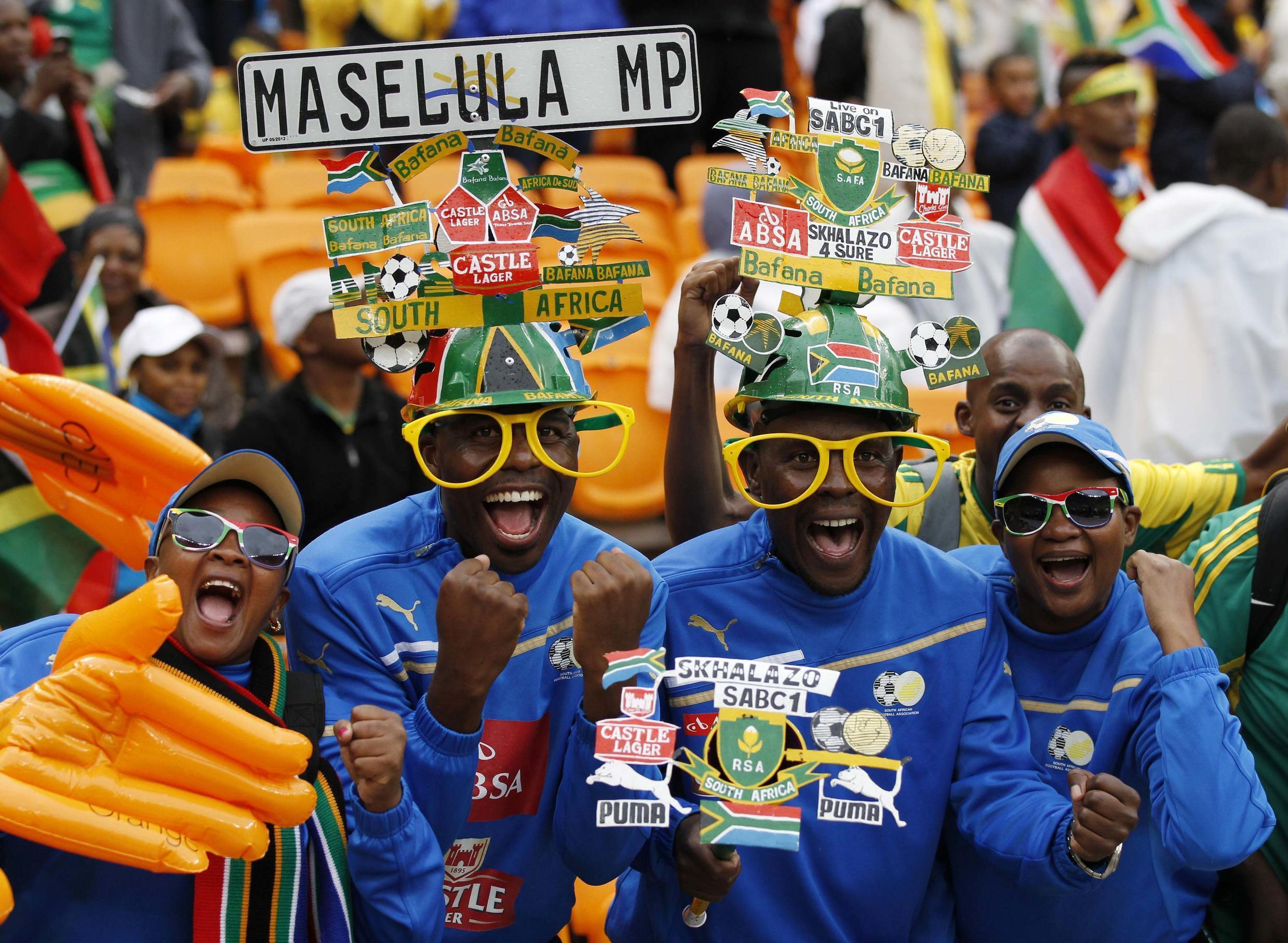African press review 4 February 2013
Trade union issues in South Africa and the run up to Kenya's election are both big stories in today's African press...
Issued on: Modified:

The front page of this morning's South African financial paper, BusinessDay, announces that the "ANC and Cosatu are on a collision course over the youth subsidy".
The youth wage subsidy, which was announced by President Jacob Zuma in his 2010 state of the nation address, has been on hold ever since, despite Finance Minister Pravin Gordhan setting aside five billon rand for it in the 2011 budget.
The stumbling block to its implementation has largely been Cosatu’s argument that subsidising companies to hire young people would jeopardise the jobs of older workers. Negotiations over the subsidy have been before the National Economic Development and Labour Council for the past two years.
Delegates at the ANC’s policy conference last December apparently rejected the youth wage subsidy, with Zuma raising the prospect of an alternative job-seekers’ fund in his closing address.
BusinessDay also carries the wonderful headline "Shabangu walking indaba tightrope", with the story explaining that investors will watch Mineral Resources Minister Susan Shabangu like a hawk when she delivers the keynote address at the Mining Indaba, that's Xhosa for "conference", which begins in Cape Town later this Monday.
At stake are billions of dollars in foreign investment, already jittery following months of violent labour protests, job losses, mine shut-downs and threats of higher taxes.

The African National Congress rejected nationalisation of South Africa’s mines at its policy meeting in Mangaung last year. The party did, however, adopt the State Intervention in the Mining Sector report, which included proposals for windfall taxes, the creation of a state mining corporation and declaring certain commodities as strategic resources.
South Africa’s mining industry has been rife with uncertainties in recent times following illegal strikes, followed by the shutting of mines, a consequent threat to jobs and Minister Shabangu threatening to take mining licences from companies.
In Kenya, the main story in The Standard reports that Jubilee presidential candidate Uhuru Kenyatta and his running mate William Ruto yesterday rolled out an ambitious programme to transform Kenya if elected in next month’s elections.
They anchored their manifesto on Jubilee’s promise to young people and on ways to unite Kenyans through reconciling communities that have been traditionally hostile to each other, and whose leadership they represent.
Uhuru confronted the sensitive issue of land distribution, which critics have blamed squarely on his late father and first President of Kenya, Jomo Kenyatta.
Uhuru told supporters that “Land was the basis on which the war of independence was waged," he said. "It is too serious a matter to be become a political football, too much blood has been shed in this country for that.”
Uhuru and Ruto, who are both facing crimes against humanity charges before the International Criminal Court at The Hague, made peace, national reconciliation and ending the grinding levels of poverty, the pillars of their contract with Kenyans.
A separate story in The Standard casts a further shadow over the Independent Electoral and Boundaries Commission, the official body charged with ensuring the smooth running of the March polls.
Since it was reconstituted last year, the commission has spent millions of shillings on lawyers to defend dozens of lawsuits and petitions filed by individuals, NGOs, companies, political parties and other entities.
Virtually every vital act and decision of the commission has been contested in court, says The Standard.
The latest legal wrangle arises from a decision by the IEBC to procure the printing of ballot papers and result forms for the 4 March General Election through single sourcing.
The IEBC awarded the 13.4 million euros contract through direct procurement to a UK firm, Smith and Ouzman.Three rival companies claim the process was not above board as other interested parties (they mean themselves) were ignored. They say the contract is discriminatory and against the spirit of the Constitution.
Sister paper The Daily Nation says the electoral commission faces a shortfall of 50.4 million euros to fund a presidential run-off if there is no outright winner in the first round.
According to the Nairobi-based paper, Independent Electoral and Boundaries Commission chief executive James Oswago confirmed on Sunday that the polls agency would require the extra amount to fund the run-off if none of the eight presidential candidates managed to garner the required 50 plus one per cent of the total votes cast, in addition to 25 per cent of the votes cast in at least 24 counties on 4 March.
There are widespread fears that the country is inching closer to a financial crunch as it seeks to finance next month’s elections, with revelations the UN is holding back nearly 200 million euros in reimbursements following the Somalia incursion - money Nairobi had budgeted for the polls.
Daily newsletterReceive essential international news every morning
Subscribe